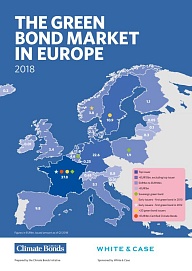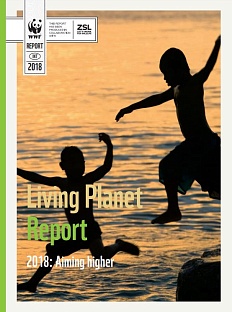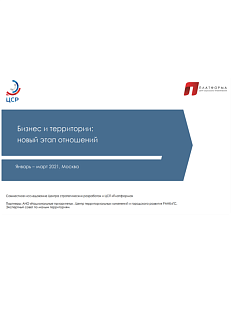The first part of the report published by the Climate Bonds Initiative reviews European green bond deal features, including an overview of issuers, deal sizes, and bond types, a use of proceeds analysis, and insights into the role of government-backed entities and financial institutions in developing the European green bond markets.
The European Investment Bank was the first to issue green bonds in 2007. Today, Europe is the largest regional green bond market with a cumulative issuance of EUR 122bn (2007 Q1 2018). As of 2018, 145 European entities have issued green bonds, making a third of the global total. The bonds vary in format, tenor, and deal size, which signifies the diversity of the European green bond market.
There is a wide range of deal sizes: from large issues of over EUR 1bn made by commercial banks to much smaller issues of under EUR 100m from the corporate and public sector. Issuers include companies in the energy sector, financial institutions, property companies, local governments and sovereigns. However, theres also a great potential for corporate issuance, especially from the UK, Germany and France.
.png)
Energy remains the main sector for allocating green bond proceeds, though its share has dropped in recent years as the amounts channelled towards construction and transport have risen. Tenors up to 10 years currently dominate: about 70% of European green bond issues have a tenor of ten years or less.
.png)
Government-backed entities from the Nordics and France have made a particularly big contribution to green bond issuance. Total issuance from municipality and sovereign-owned companies exceeds the cumulative amount raised by sovereigns and local government: EUR 24.9bn versus EUR 20.7bn, as of end Q1 2018. Government-backed issuers have tended to channel green bond proceeds primarily into investment in energy, transport, buildings, and water management. Financial institutions remain active green bond issuers. As for use of proceeds, the share of property financing in their allocation mix continues to grow.
France is currently the largest green bond market in Europe, with a cumulative issuance of EUR 37.8bn (2012 Q1 2018). It is followed by Germany (EUR 22.6 bn), the Netherlands (EUR 13bn), and Sweden (EUR 10.9bn). The French green bond market demonstrates one of the highest levels of transparency. Its potential for growth lies in possible future issues from pure-play companies and government-backed entities. As for the Nordic green bond markets, they are characterized by small issues but a large number of these.
This publication has been posted in the Roscongress Information and Analytical System on the recommendation of the Roscongress Foundation expert community.






